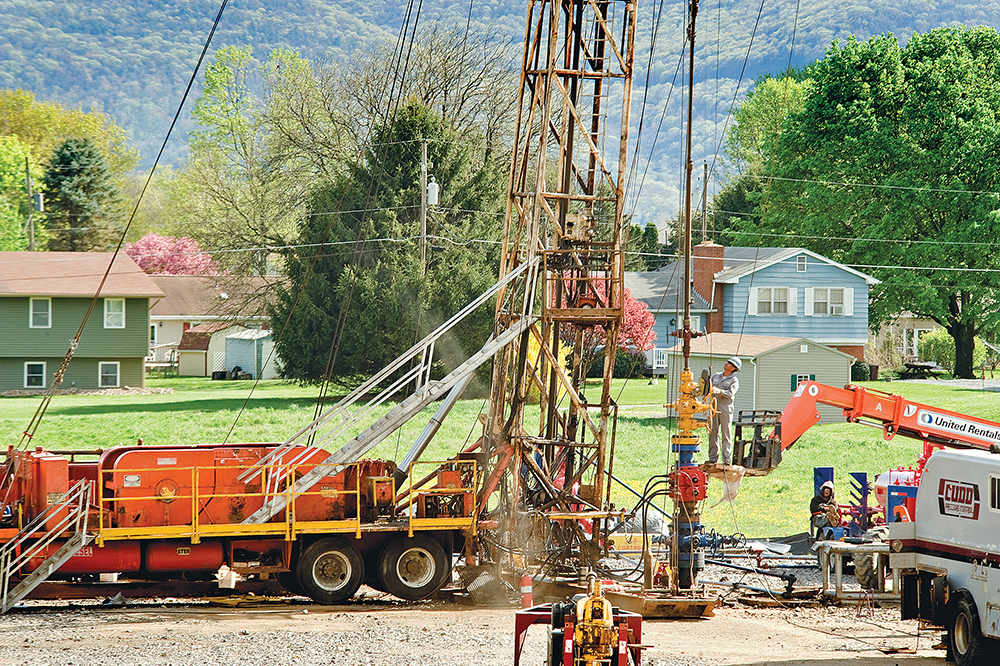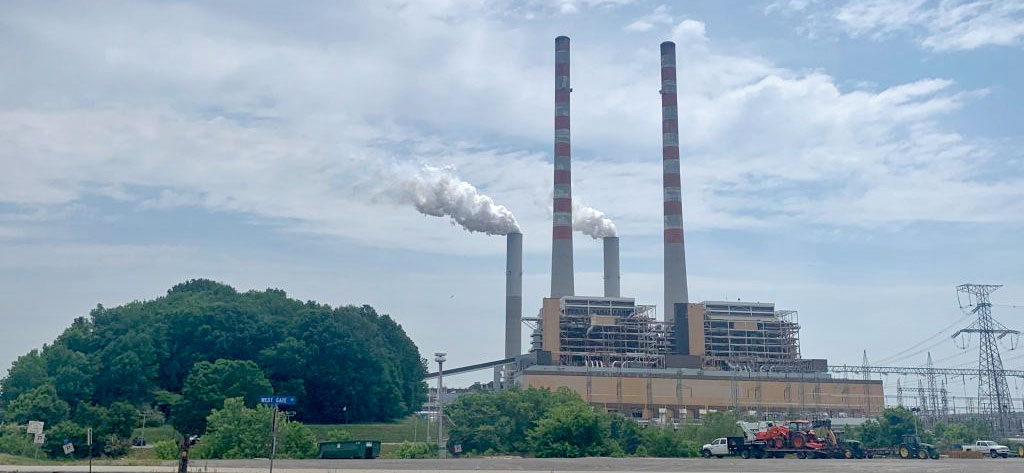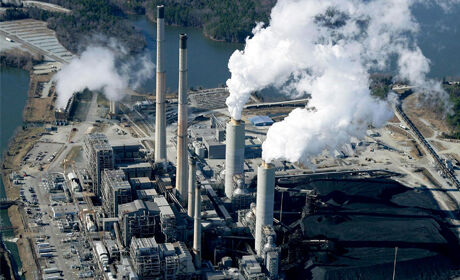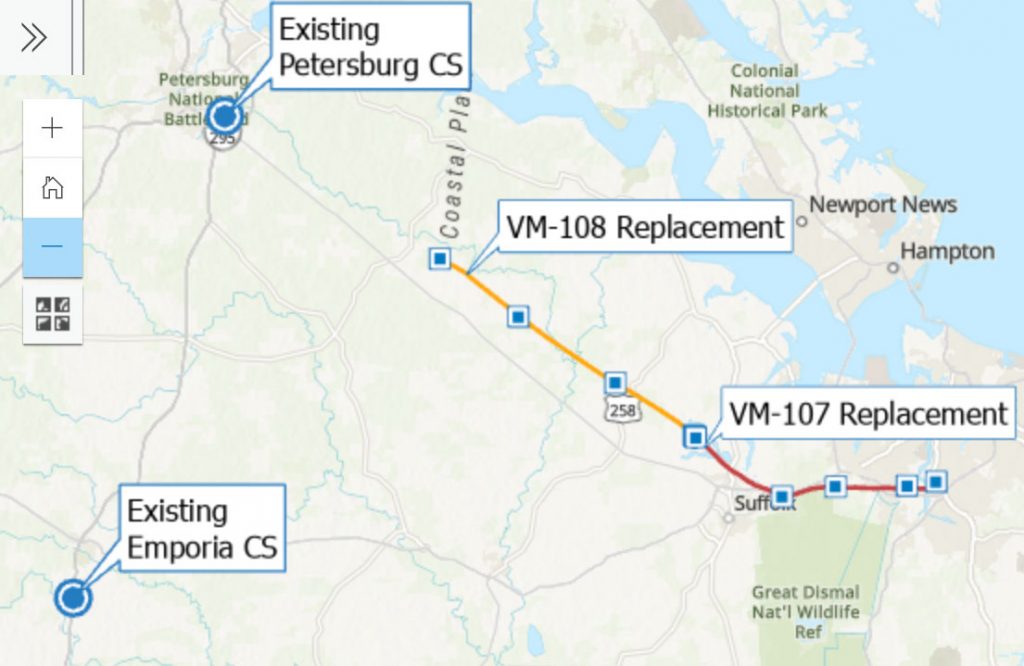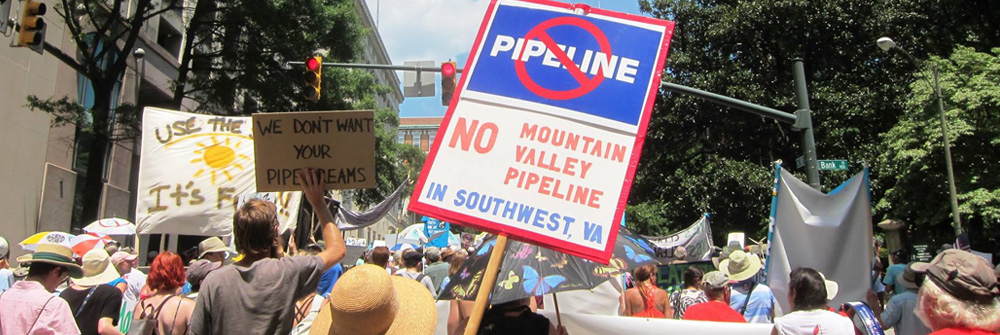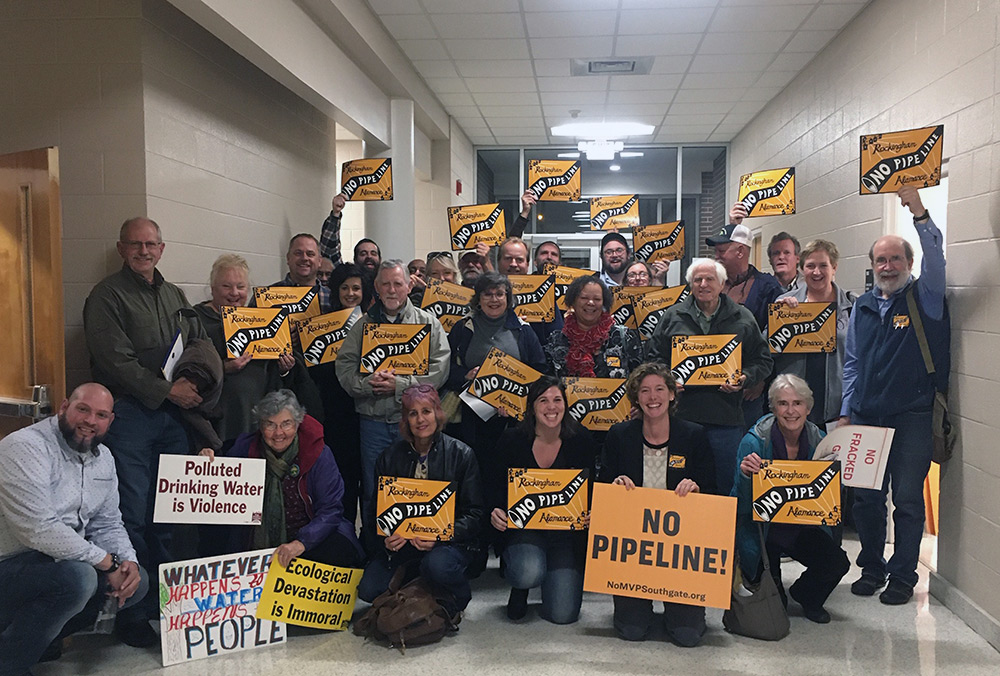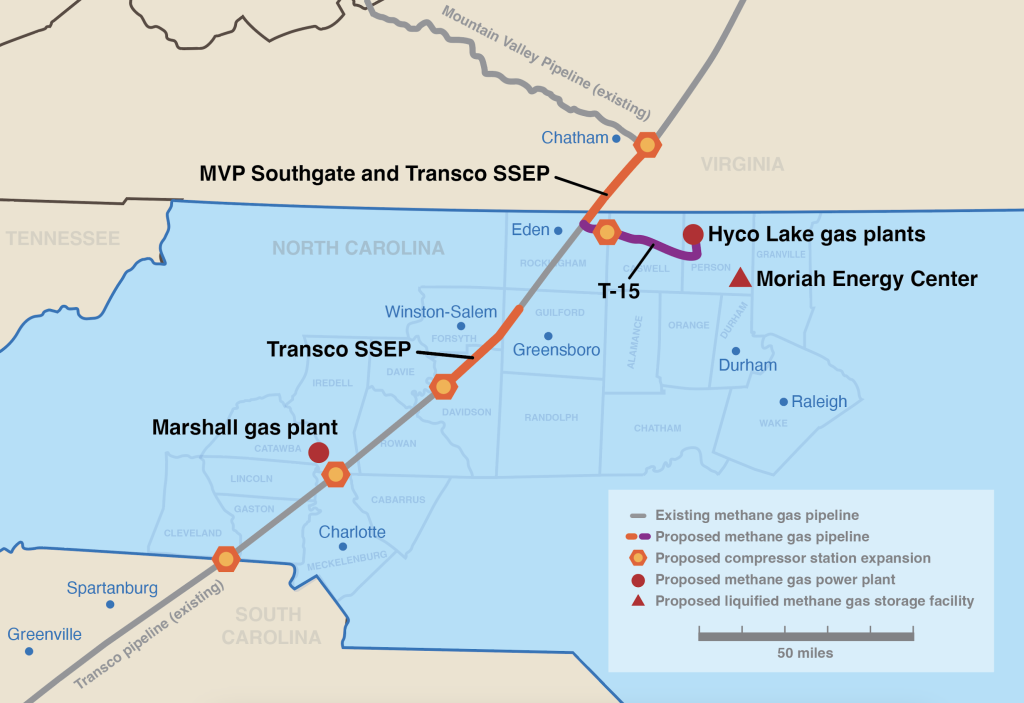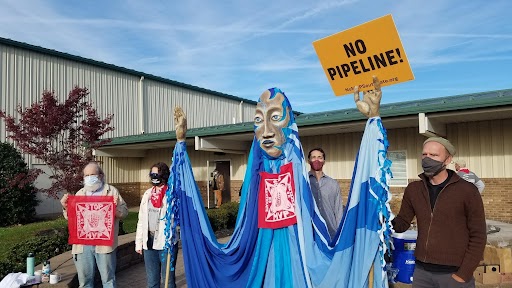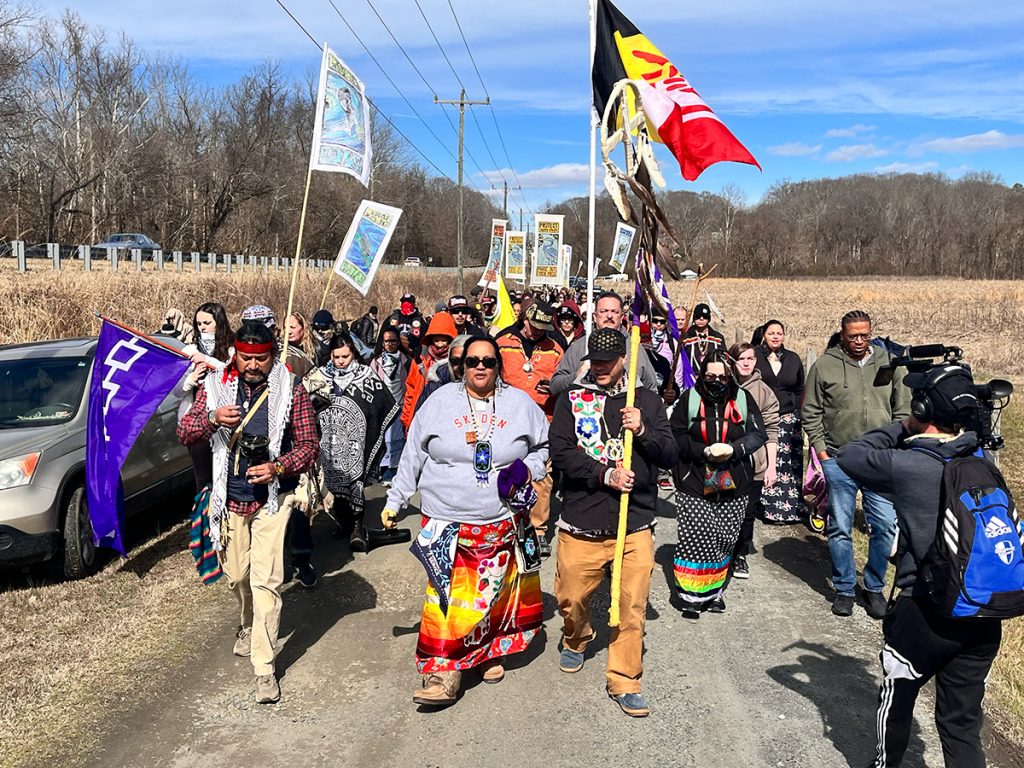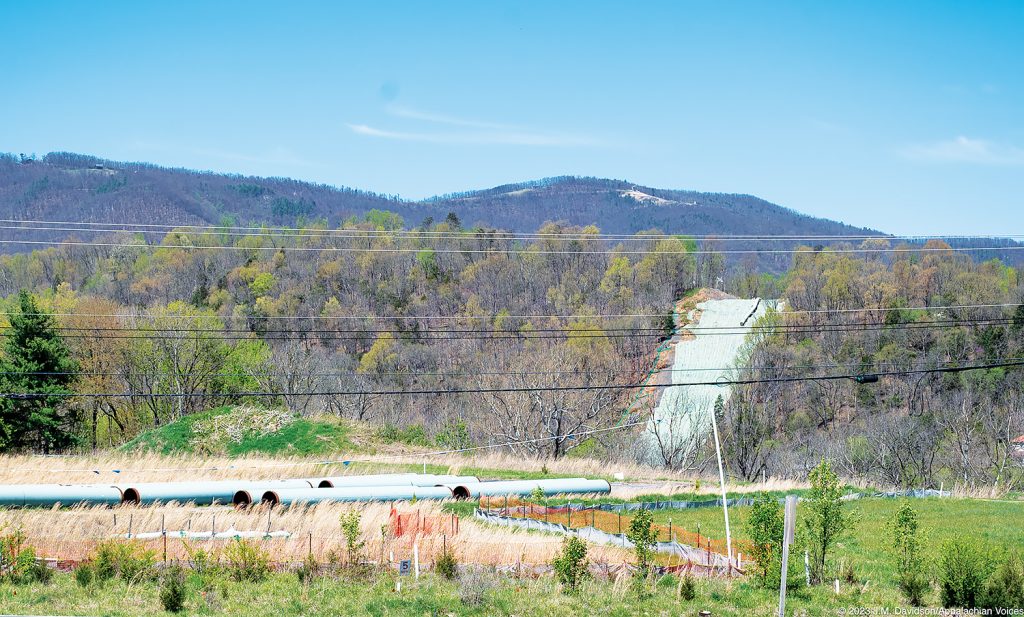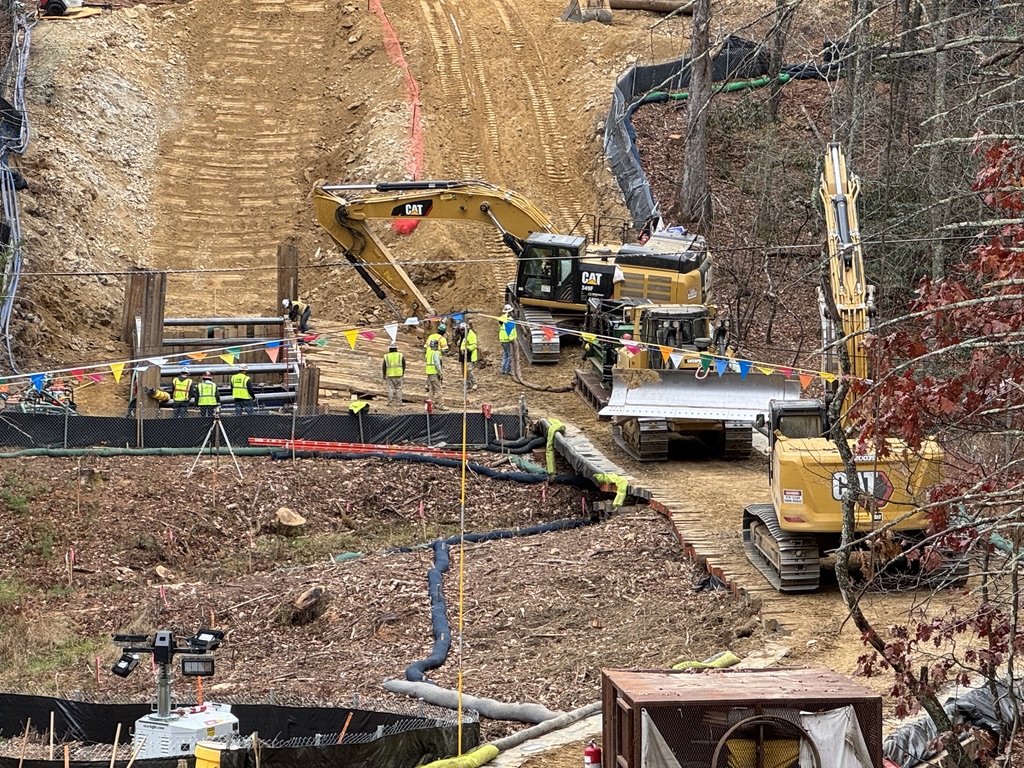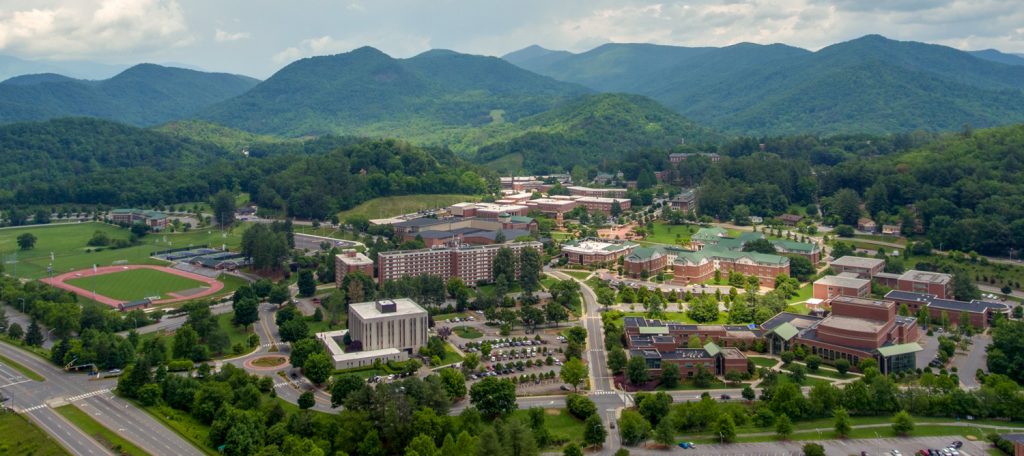Stop Pipelines & Fracked Gas

Photo By Sierra Shamer / Fractracker
Two decades ago, so-called natural gas exploded on the American energy market, pushed by the industry as a supposedly clean “bridge” fuel to transition the economy from dirty coal to renewable sources of electricity generation like solar and wind.
But this gas is far from clean. From the time that it is extracted using a destructive drilling method called fracking, its transport through pipelines, train cars and trucks, to the power plants where it is burned, the dire environmental and human costs of this fossil fuel are now abundantly clear. In particular, this polluting infrastructure is often sited in communities of color, lower-income areas and other environmental justice communities.
Studies show that investments in renewable energy and energy efficiency are on par with, or sometimes more affordable than, building new gas infrastructure. Many states are enacting policies to tap into the rising solar and wind sector. Yet the fossil fuel industry is rushing to build methane gas pipelines and power plants to squeeze as much profit as possible out of the waning fuel, putting most of the financial risk on customers.
Appalachian Voices is tackling the spread of fracked gas head-on by legally challenging fossil fuel proposals and pushing back against the antiquated policies and rubber-stamping agencies that govern the development of gas infrastructure. We are also partnering with communities in the fight against new fossil fuel infrastructure, providing resources and training to bolster local opposition. And we are pressuring decision-makers to force them to consider the harm to communities threatened by polluting energy development.
And the tide is starting to turn. In July 2020, Duke Energy and Dominion Energy canceled the 600-mile Atlantic Coast Pipeline. The massive fossil fuel project was riddled with problems, starting with the fundamental fact it was not needed to meet energy demand. Standing beside the many communities and organizations that made this historic victory possible, we’re taking this momentum and applying it toward the fight against other destructive, climate-harming projects that threaten community safety, our clean air and water, and that would raise electricity costs for residents.

Latest News
Changes for MVP Southgate Pipeline are Part of a Web of Proposed Methane Gas
“Families and farmers are being asked to sacrifice land, health and peace of mind for projects that are less reliable and affordable than renewables,” said Ridge Graham of Appalachian Voices.
Mountain Valley Pipeline Construction and Lawsuits Advance
Litigation around the controversial 303-mile Mountain Valley Pipeline continues.
Statement by Appalachian Voices on MVP’s request to place pipeline in service in May
Yesterday, Mountain Valley Pipeline sent a letter to the Federal Energy Regulatory Commission asking the agency’s director of the Office of Energy Projects for official permission to place MVP in service.
Groups petition D.C. Circuit to review decision to extend MVP Southgate Certificate of Public Convenience and Necessity
Late yesterday, a number of conservation groups filed a petition in the U.S. Court of Appeals for the D.C. Circuit challenging a Federal Energy Regulatory Commission decision to extend the Certificate of Public Convenience and Necessity for Mountain Valley Pipeline’s Southgate Project.
The latest on Mountain Valley Pipeline Southgate
Even as Mountain Valley Pipeline’s rushed construction results in landslides and muddy waters in Virginia and concerned residents call for state and federal authorities to stop the damage, communities to the south are facing new and changing threats from the pipeline’s proposed Southgate extension.
Join App Voices at the Appalachian Studies Conference
This year, the App Studies Conference will be held at Western Carolina University in Cullowhee, North Carolina, from March 7 to March 9. Along with a wide array of grassroots partners, Appalachian Voices will be there to learn, teach and have a good time!

